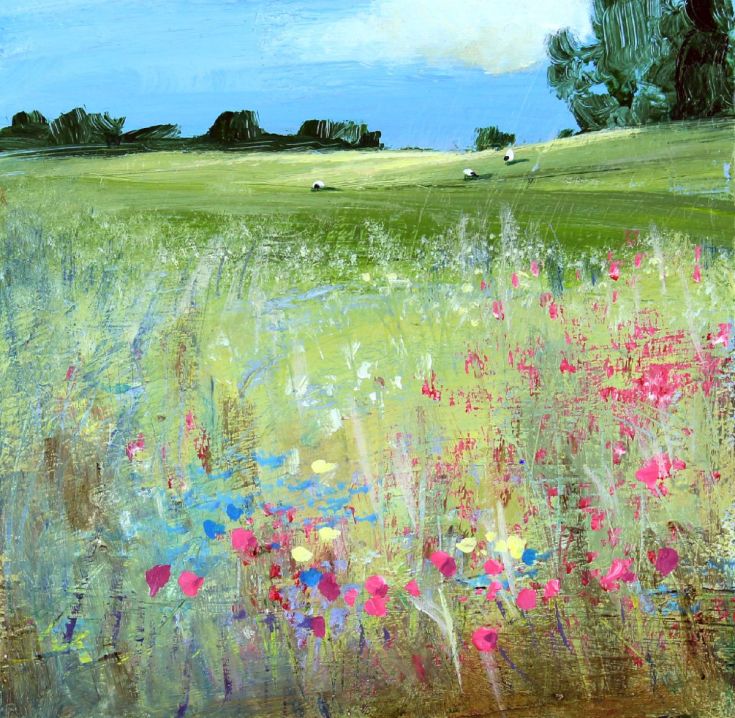

A Slow Journey Home
Looking back I cannot remember one particular event or time when I noticed the first signs of dementia in my mother, apart from becoming aware of a creeping disengagement from life – withdrawing from her beloved embroidery group at Southwark Cathedral followed by a refusal to continue with flower arranging at her local church. Then one day we received a phone call from my father to say that she had driven to the local shops several hours ago and had not returned. Mum had got back in the car after completing her shopping and could not remember where she was or how to get home.
Very gradually over the next two to three years, we noticed an increased repetition of the same questions in conversations, interspersed by periods of returning to her more usual, energetic personality which was interested in people, current affairs and in particular, understanding how her six grandchildren were faring. My father bore the brunt of the decline, only occasionally complaining about it. One obvious sign of the disease’s progression was that Mum lost interest in baking and cooking, which had been lifelong passions.
In December 2008, my father’s health began to decline rapidly. Less than a month later he was admitted to hospital, where he died only a week after being diagnosed with advanced oesophageal cancer. The house which had been the family home for over thirty seven years now became a virtual prison for our mother – it was nowhere near any shops or accessible public transport and was on a steep hill so she could not easily walk anywhere and she began to be targeted by crooks and thieves. We were able to persuade Mum that it would be best for her to sell the house and move into a warden controlled flat near to my sister. Clearing the family home was a poignant process, bringing back many vivid memories.
The new flat was light and welcoming. Whilst Mum was in a much safer environment, she was confused by the move and her short-term memory loss became more pronounced. Over the next five years, and in spite of my sister’s heroic efforts to look after her, she became increasingly frail both mentally and physically and more reliant on visiting carers. The hardest part of her illness to bear (for her as well as the family) were the moments of returning lucidity when she became aware of her condition, and hope would arise that perhaps her condition would not worsen. On occasions she became suspicious of us and her carers, accusing people of stealing when in fact she was hiding items and forgetting about them. I learned later that this behaviour is a recognised stage in many cases of dementia.
I came to treasure our times together during this period, because here finally was an opportunity to just be with her, in spite of the endlessly repeated questions, more in the present moment. It taught me to be more patient. She used to laugh uproariously at jokes and funny events – it did not matter that she had forgotten about them two minutes later. And car journeys were a special delight for her. It seemed to me that changing landscapes lightened the inner dark she was experiencing and brought her closer to herself.
In January 2015, Mum was moved into a Care Home specialising in dementia care. She was finding it more and more difficult to walk, and her longer term memory of events in her life gradually faded over the next two years. In spite of that she still recognised my sister and I when we visited. Her carers were wonderfully empathetic towards her.
To witness her decline after she had spent her adult life treating others as a GP and school doctor was painful. My last conversation with her will always stay with me, not because of what was said but because of how she looked at me. In spite of losing all her memories, that look came from her being, her essential self which was stripped of life’s day to day cares. A few weeks later, after contracting a non-specific infection, Mum stopped eating and drinking. I had a strong conviction that this was her choice, and that she was ready to let go and pass on. We managed to spend some hours with her the evening before she died, very peacefully.
As I finish this piece, just after our first Christmas and New Year without her, I am left with a sense of wonder at what she did for her children (in spite of many difficulties), feeling gratitude for her life and a wish to live more.
Geoff Butts